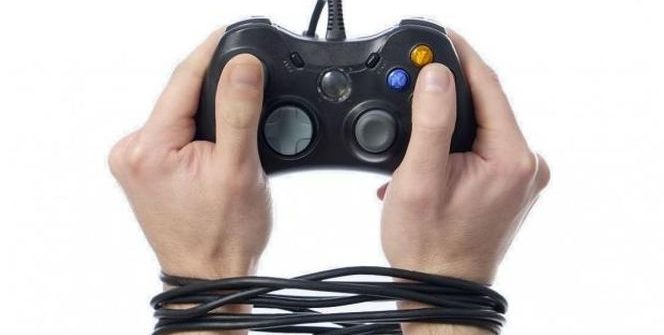They think that video game and Internet addiction could be treated with cognitive behavioural therapy instead of handing out psychiatric drugs.
In their study, they examined 143 men with an average age of 26. They self-reported suffering from internet addiction, psychosocial functioning, as well as depression. The group was split in half with half receiving the treatment, consisting of an initial „partial abstinence” from gaming and the internet, but focused on both group therapy sessions and individual sessions to examine the patient’s relation to internet and gaming use. Instead of total abstinence from the Internet and gaming activities, the study instead tried to focus on an awareness of the behaviours that led to addiction and an adjustment of their relationship with the technology.
„It usually starts with a thorough inventory of the patient’s characteristics that are contributing to the development and maintenance of the gaming disorder. The researchers started by educating the patients on the mechanism and effects of video game addiction. Patients kept a personal diary of the triggers that caused them to play games, often focusing on how they felt just before a marathon session, then learned how to take that energy and redirect it. In a third step, modification of the relevant characteristics is the crucial aim of the intervention. This can, for instance, be enhancing the patient’s resilience towards stressful events, or his or her social skills, understanding of his or her emotional responses and simultaneously developing alternative explanations and reactions.
Women suffering from internet-related disorders indeed do not find their way into the specific, addiction-related, health care system but rather seem to seek other therapeutic help because of other comorbid disorders that are perceived as the main problem,” Müller said. “We are currently investigating this phenomenon in a different research project,” said study co-author Kai W. Müller to Vice.
So they used group – and individual – therapy successfully, which is good news for those who, for example, want to escape from 14-16 hours of Final Fantasy XIV a day. We’re eager to see the female study’s result, too.
Source: Gamesindustry
















Leave a Reply